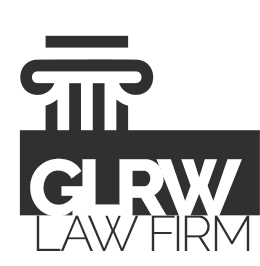
08 Jan New Jersey Consumer Fraud Act
The New Jersey Consumer Fraud Act, codified at N.J.S.A. 56:8-1, et al, is meant to protect innocent consumers from fraud, deception, false promises, misrepresentations, or any other such unconscionable commercial practices which may be used in the sale or advertisement of merchandise or real estate. It is usually not enough for a seller or service provider to sell a defective product, or do a terrible job at what they were hired to do. In order to be liable under the Consumer Fraud Act, the seller must engage in truly unlawful conduct, which most often involves promising one thing, accepting payment, and then delivering something completely different from what was promised, or even doing nothing at all.
In order to find a seller guilty under the Consumer fraud Act, the Court must find that there were three things that occurred. The first is that the seller must have engaged in unlawful conduct of some sort. In addition to the obvious examples set forth above, unlawful conduct can also take the form of a violation of regulations specific to different types of businesses, including home improvement contractors, health clubs, and auto repair shops, among others. The second thing which must occur is that the consumer must suffer some type of ascertainable loss. If a seller lies about a product, but the consumer does not spend any money in reliance on that lie, there is no claim to be brought. Thirdly, there must be a causal connection between the illegal act and the loss. For example, if a home improvement contractor promises to perform certain repairs, accepts payment based on that promise, then does absolutely nothing, that fraudulent promise caused the loss.
The Consumer Fraud Act is meant to perform two essential functions: compensating consumers for actual loss, and deterring wrongdoing by sellers or other professionals who are in a position to take advantage of innocent consumers due to their relative lack of knowledge and experience. There are a number of ways the Consumer Fraud Act protects consumers, but the most important is that it awards treble damages to consumers who have been wronged under the Act. For example, a consumer who pays $3000.00, then prevails at trial, can expect a judgment of $9000.00, plus reasonable attorney’s fees and costs of suit. Moreover, the Act allows consumers to get around corporate limited liability protection and bring suit against individual owners, managers, or even employees in certain circumstances.
If you are a consumer and believe that you have been the victim of Consumer Fraud, or if you are a home improvement contractor, auto repair technician, or similar professional and want to ensure that you are in compliance with the Act, please contact our office at (609) 267-1301 to schedule a consultation today.



Sorry, the comment form is closed at this time.